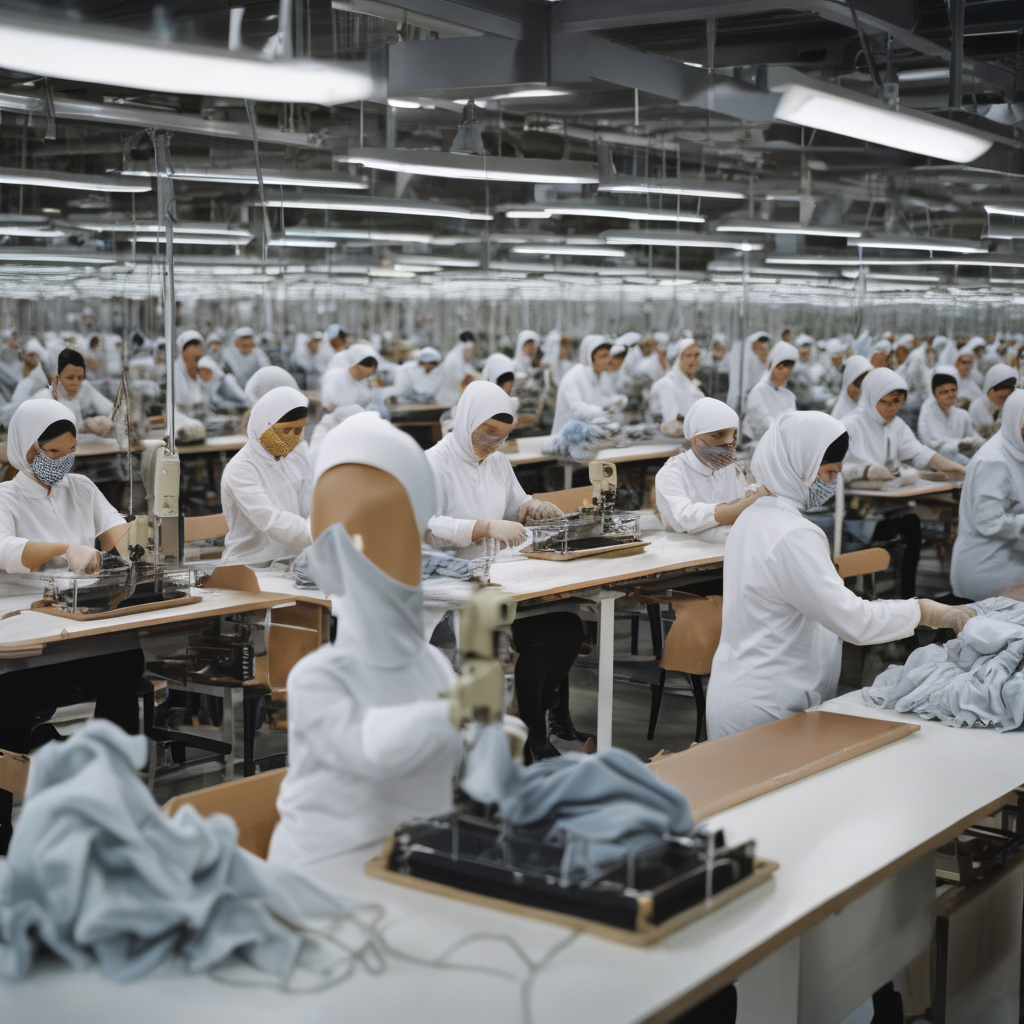Inside Turkey’s Powerful Fashion Factories
Turkey has been making significant strides in the fashion industry, particularly in the realm of manufacturing. Companies like Kipas are at the forefront of this transformation, utilizing strategies such as vertical integration, innovation, and speed-to-market to revolutionize the way fashion brands approach their supply chains. This shift is not only benefiting Turkish manufacturers but also global brands like Asos, who are increasingly looking to “nearshore” their production and reduce their reliance on China.
Vertical integration is a key aspect that sets Turkish fashion factories apart. By incorporating various stages of the production process under one roof, from design and fabric sourcing to manufacturing and distribution, companies like Kipas are able to streamline operations and ensure greater control over the quality and efficiency of their products. This approach not only accelerates the production timeline but also allows for more flexibility and customization, catering to the evolving demands of fashion brands and consumers.
Innovation is another driving force behind the success of Turkey’s fashion factories. Embracing technology and automation has enabled manufacturers to enhance their capabilities, from digitizing patterns and designs to implementing sustainable practices and reducing waste. By staying ahead of the curve and investing in cutting-edge solutions, Turkish companies can offer competitive advantages to their clients, attracting partnerships with major players in the fashion industry.
Speed-to-market is a crucial factor that differentiates Turkish manufacturers from their counterparts. With the ability to swiftly respond to changing trends and consumer preferences, these factories can quickly produce and deliver new collections, helping brands stay relevant and competitive in a fast-paced market. This agility is particularly appealing to companies like Asos, who value efficiency and responsiveness in their supply chain partners.
The concept of “nearshoring” has gained traction in recent years as brands look to diversify their sourcing locations and reduce the risks associated with overreliance on a single country like China. Turkey’s strategic location between Europe and Asia, combined with its established infrastructure and skilled workforce, makes it an attractive option for brands seeking to optimize their supply chains. By partnering with Turkish manufacturers, companies can benefit from shorter lead times, lower transportation costs, and increased flexibility in production.
In conclusion, Turkey’s fashion factories are making waves in the industry by harnessing vertical integration, innovation, and speed-to-market capabilities. Companies like Kipas exemplify the potential of Turkish manufacturing to drive positive change and offer valuable solutions to global brands. As the fashion landscape continues to evolve, Turkey is poised to play a pivotal role in shaping the future of production and supply chain management in the industry.
Turkey, Fashion, Manufacturing, Supply Chain, Innovation











